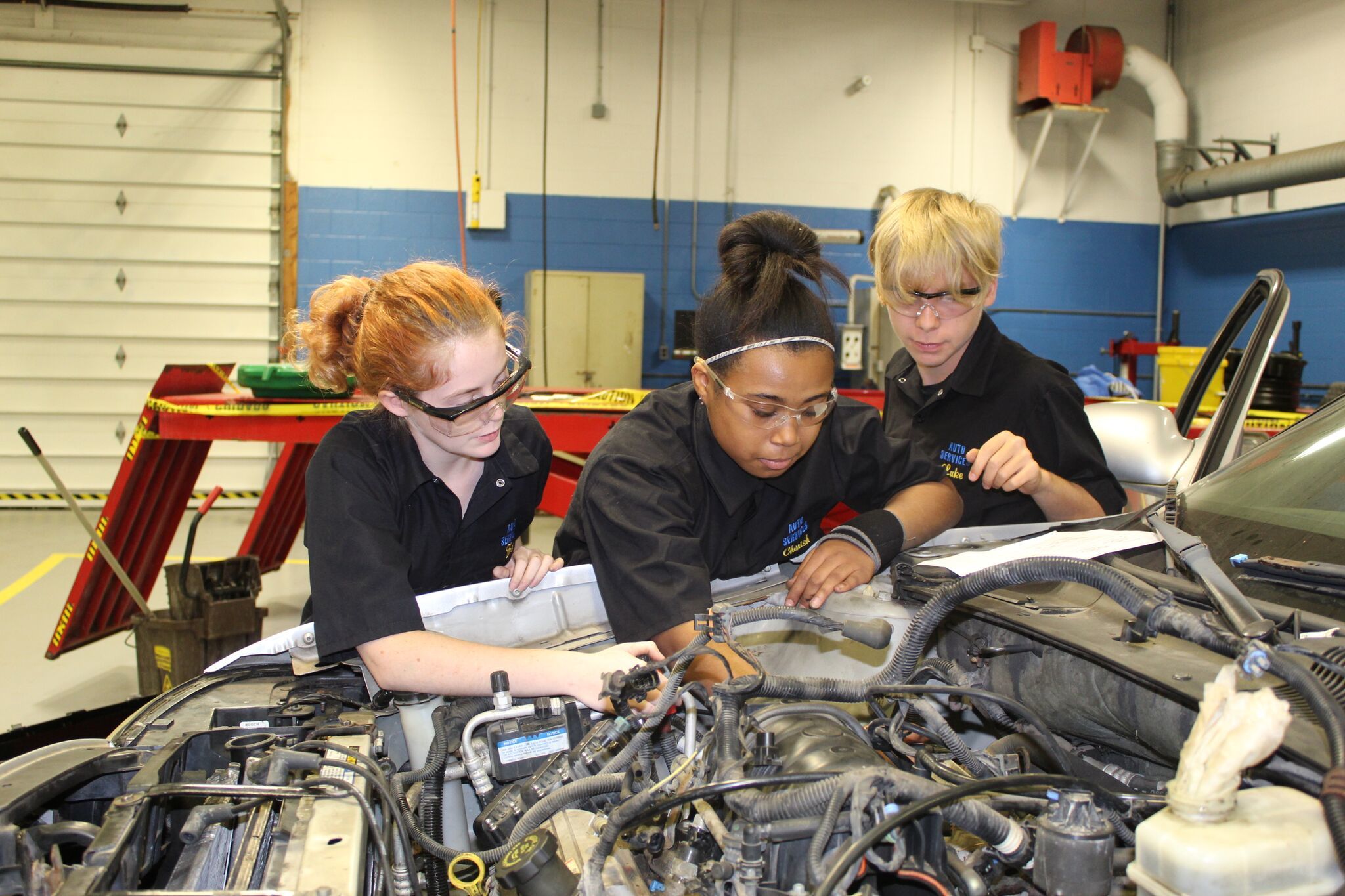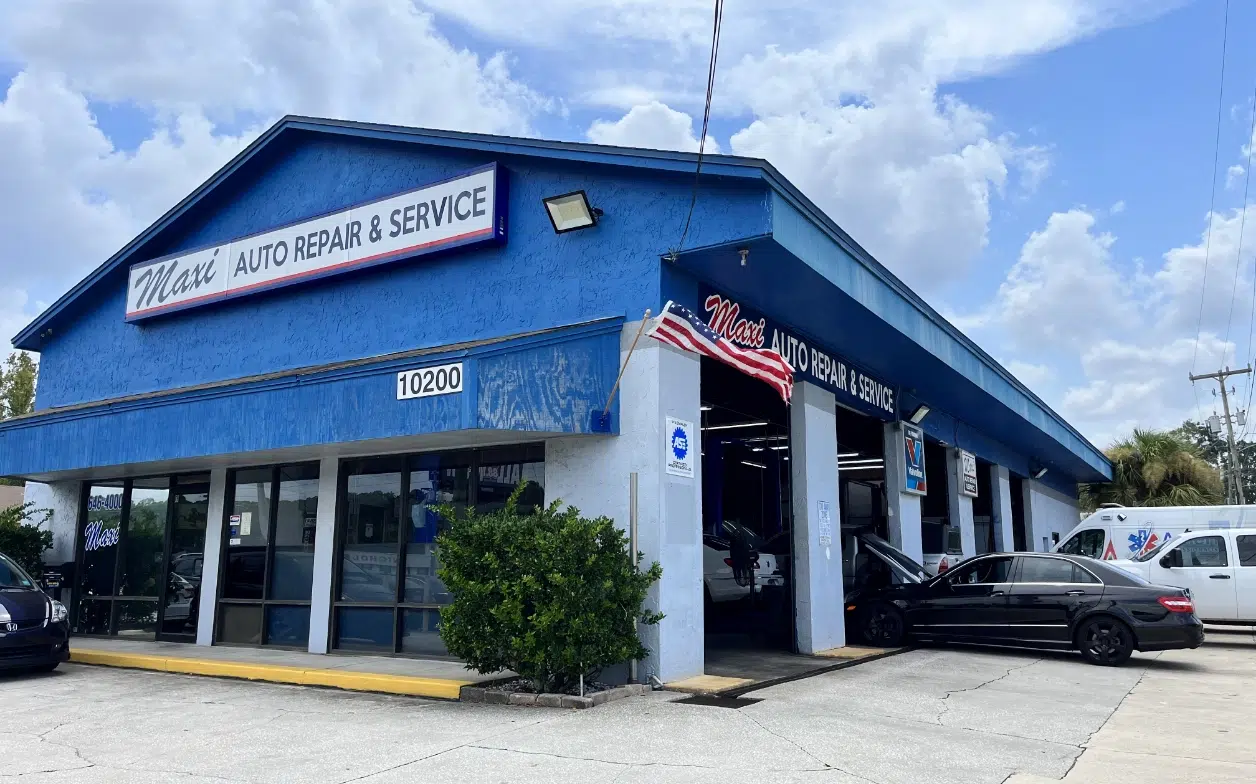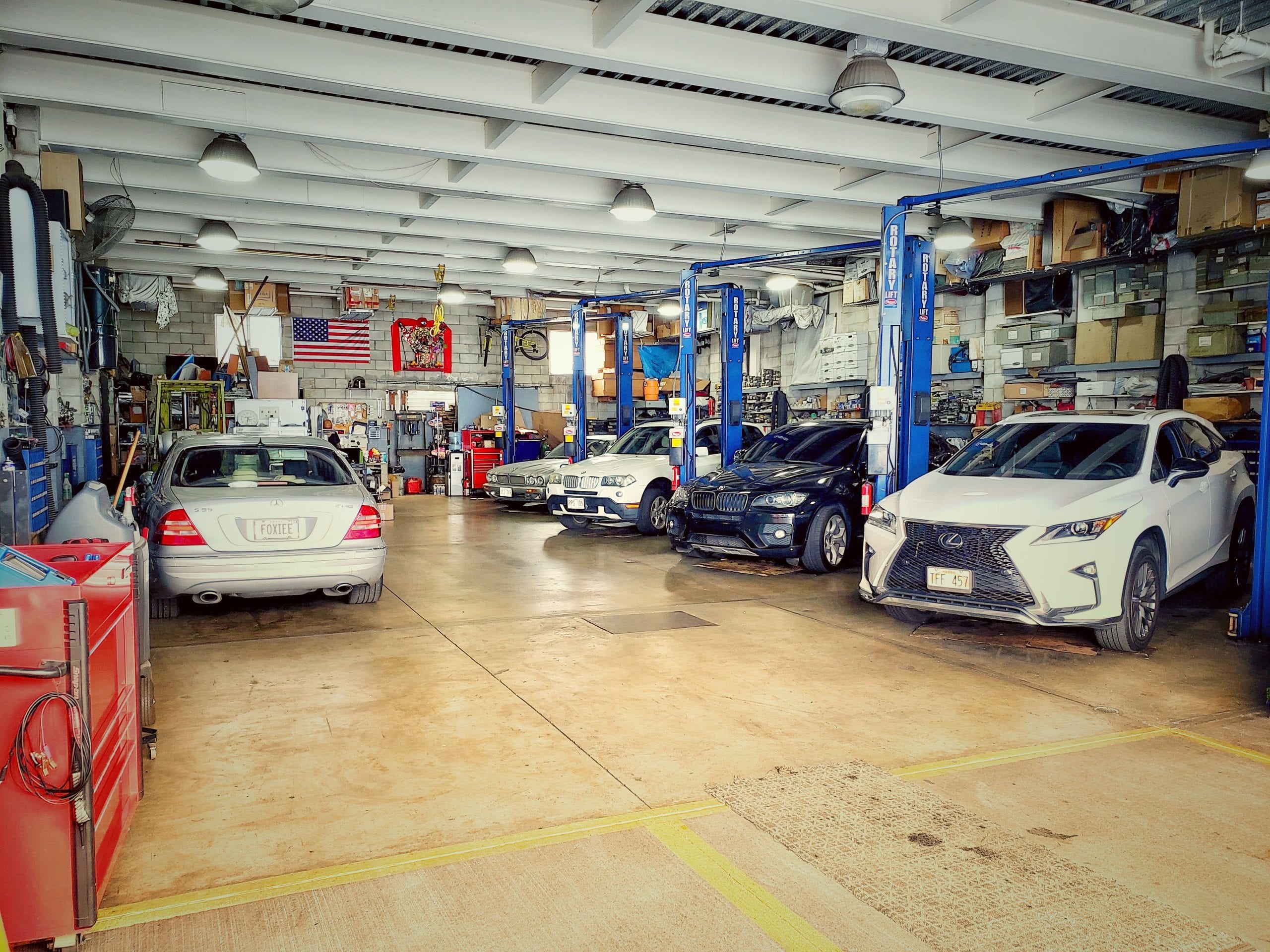All Categories
Featured
A well-maintained engine is the essential to your auto's durability and optimal performance. Routine engine tune-ups not only improve fuel efficiency but likewise lower the probability of unanticipated breakdowns. Whether you're an auto fanatic or someone who just wishes to prevent pricey repairs, these engine tune-up ideas will maintain your car running like a dream.

- Change the Flicker Plugs. The spark plugs stir up the air-fuel blend in your engine, and their effectiveness straight impacts engine performance. Gradually, ignition system can wear out, leading to misfires, minimized gas economy, and slow acceleration.
During a tune-up, inspect and replace spark plugs if they show indications of wear, such as residue buildup, rust, or cracks. Relying on your lorry, spark plugs might need to be changed every 30,000 to 100,000 miles.
- Examine the Ignition System. Your cars and truck's ignition system, which includes the ignition coils, supplier, and cords (if suitable), is accountable for providing the trigger that powers your engine. Malfunctioning ignition elements can create starting concerns and harsh engine operation.
Inspect for damaged or put on components and replace them throughout your tune-up. Making certain a healthy and balanced ignition system will enhance engine reliability and efficiency.
- Clean or Replace the Air Filter. A clean air filter enables your engine to "breathe" correctly by guaranteeing a consistent flow of tidy air. Gradually, dirt and debris can obstruct the filter, reducing airflow and impacting gas effectiveness.
Check the air filter throughout a tune-up and replace it if it's dirty. For chauffeurs in dusty or contaminated areas, air filters may need to be changed a lot more frequently.
- Check and Clean the Fuel System. The fuel system, consisting of the fuel injectors, gas pump, and fuel lines, can collect deposits with time, decreasing gas delivery and engine efficiency. Utilize a fuel injector cleaner or have your system properly cleaned throughout a tune-up to restore proper functionality.
Routinely keeping your gas system guarantees far better combustion and optimizes your engine's effectiveness.

- Modification the Engine Oil and Oil Filter. Engine oil is essential for lubrication, air conditioning, and minimizing friction in between relocating components. Gradually, oil degrades and accumulates particles, shedding its performance.
During a tune-up, change the engine oil and oil filter. Adhering to the supplier's referrals for oil kind and change intervals is critical to maintaining your engine in optimal problem.
- Evaluate the Belts and Hoses. The belts and hoses in your engine compartment play essential duties in powering parts like the generator, water pump, and a/c system. Use and tear over time can cause fractures, fraying, or leaks.
Examine the problem of belts and hose pipes during your tune-up and change any kind of that show signs of damages. Proactively attending to these problems can protect against expensive fixings and unforeseen malfunctions.
- Evaluate the Battery and Electrical System. A weak or failing battery can leave you stranded. Throughout your tune-up, test the battery's voltage, check the terminals for rust, and make sure the connections are tight.
Additionally, have the alternator and starter inspected to ensure they're operating correctly. Attending to electrical system problems early can conserve you from bothersome surprises.
- Check the Cooling System. The cooling system stops your engine from overheating, which can cause extreme damages. During a tune-up, inspect the radiator, pipes, and water pump for leaks or put on.
Flush and change the coolant if it's filthy or has surpassed its suggested life span. Correct air conditioning system upkeep aids your engine operate within its optimal temperature variety.
- Address Dashboard Warning Lights. Modern vehicles are geared up with innovative analysis systems that brighten warning lights when issues emerge. If your dashboard displays any kind of cautioning lights, such as the check engine light, address them throughout the tune-up.
A professional technician can make use of diagnostic tools to determine and take care of the problem, protecting against tiny issues from rising.
- Keep Your Engine Clean. A clean engine runs cooler and is easier to check for prospective issues. Eliminate dirt, oil, and grime from your engine bay during a tune-up. Utilize a degreaser and a mild brush for cleansing, and avoid spraying water straight on electrical components.
Verdict: Tune-Ups Are the Secret to Engine Durability. Regular engine tune-ups are an investment in your car's health, efficiency, and efficiency. By replacing worn parts, cleaning up important systems, and addressing concerns early, you'll ensure your vehicle remains reputable for years to find. Whether you're tackling the tune-up yourself or taking your car to a trusted auto mechanic, following these suggestions will maintain your engine performing at its finest and help you prevent unexpected fixings. A well-kept engine does not simply conserve you cash-- it ensures tranquility of mind when driving.
Latest Posts
Find the Greatest Auto Repair Offers in Montclare, Chicago
Uncover Cost-Effective Auto Repairs with Montclare’s Exclusive Service Specials
Understanding Roof Covering Guarantees: What Homeowners Need To Know
More
Latest Posts
Find the Greatest Auto Repair Offers in Montclare, Chicago
Uncover Cost-Effective Auto Repairs with Montclare’s Exclusive Service Specials
Understanding Roof Covering Guarantees: What Homeowners Need To Know
